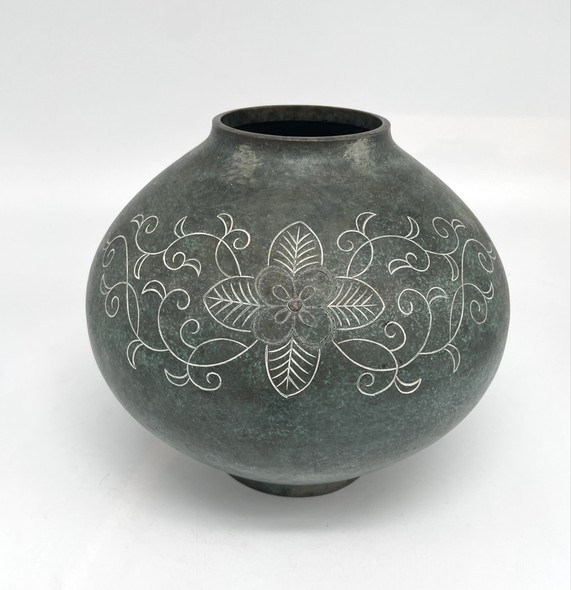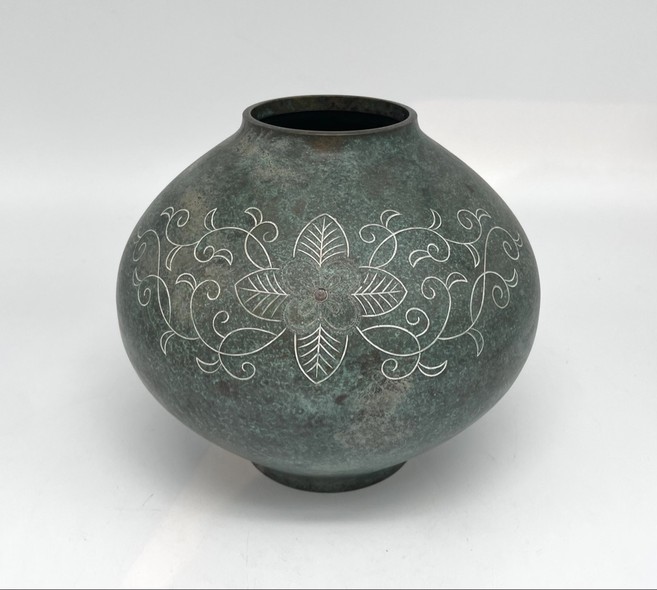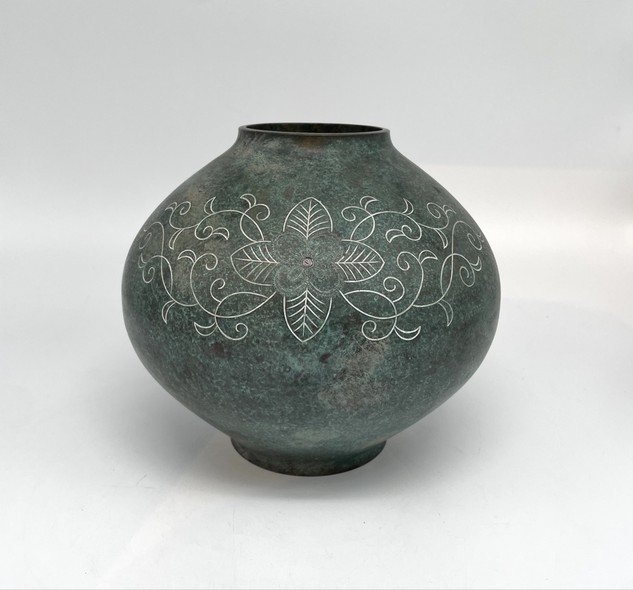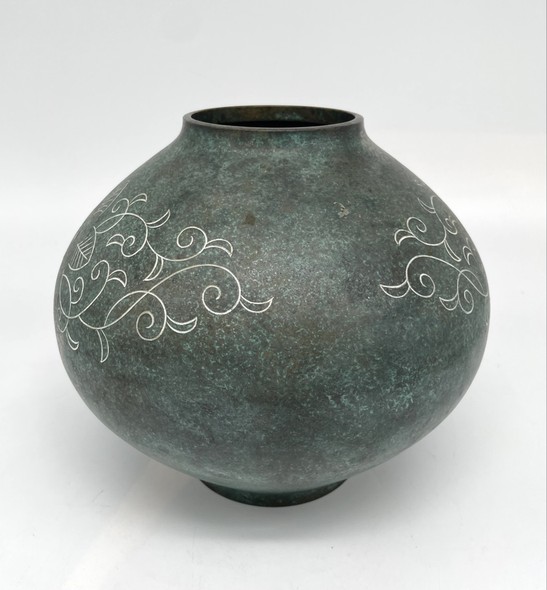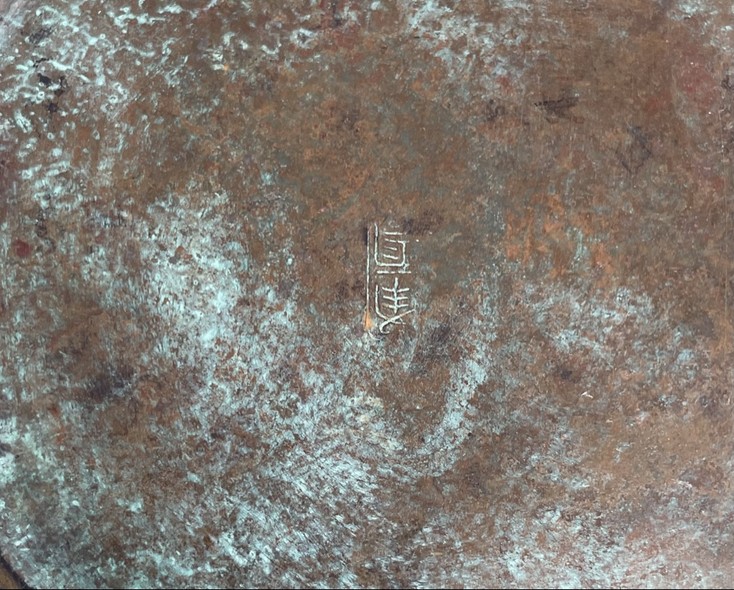Antique vase
Antique vase with stand for ikebana. Bronze, patina. Japan, 20th century.
Ikebana is an ancient art of composing compositions from plants, flowers, stones. This is the art of giving "a second life to flowers", which is what the word "ikebana" ("ekibana") means in translation. Even before the introduction of Buddhism as a religion, the Japanese professed Shintoism. (Shintoism is the way of the gods, where the supreme goddess was the great sacred Amaterasu, "shining in the sky" - the goddess of the sun, the great mother of the imperial dynasty. It is often said that the flag of Japan is a symbol of Shinto. Each deity in Shintoism is independent and has its place in the hierarchy. This belief deifies the forces of nature, animals. The sky is the abode of Kami (gods). Gods inspire fear. Among them are often sacred animals - a tiger, a snake, a wolf; mountains, the emperor himself. The number of gods is about eight hundred million, and Japan is often called "Shinkoku" - the country of deities.)
Antique vase
- Артикул
- 88_3482
- Available:
- In Stock
Shop at Novaya Riga (Unimoll)
- In section:
- furniture and décor in oriental style, vintage japanese vases, decor items, miscellaneous, ornamental flowerpot, antique vases, gifts, for leaders, for men, for women
Обозначение размеров:
- H – высота,
- W – ширина,
- D – глубина,
- d – диаметр
- Style:
- Oriental
- Period:
- XXth century
Ещё в разделе «Furniture and décor in oriental style»
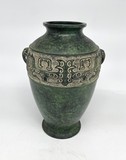 Antique oriental bronze vase
Antique oriental bronze vaseRef nr. 02_5206
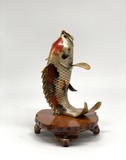 Antique okimono "Carp"
Antique okimono "Carp"Ref nr. 88_3491
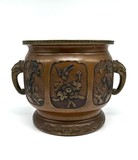 Antique hibachi vase
Antique hibachi vaseRef nr. 02_5680
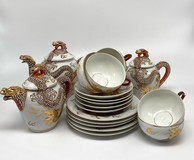 Vintage tea set, Satsuma
Vintage tea set, SatsumaRef nr. 03_1021
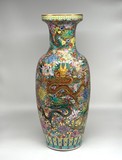 Cantonese enamel vase,
Cantonese enamel vase,China
Ref nr. 88_2442
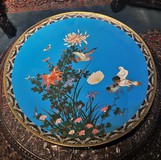 Antique dish
Antique dishRef nr. 01_4822
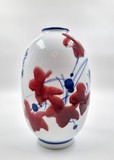 Vase "Maple"
Vase "Maple"Ref nr. 88_1595
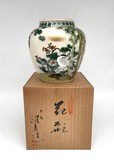 Vintage vase "Crane", Kutani
Vintage vase "Crane", KutaniRef nr. 02_1478
